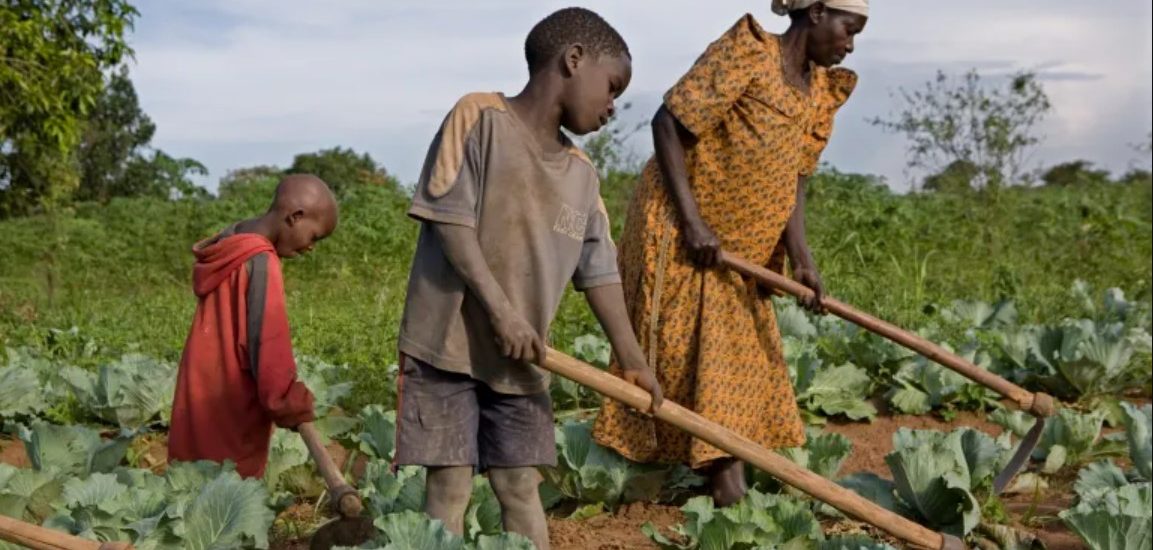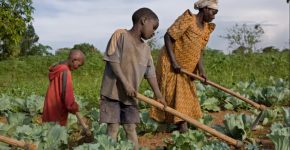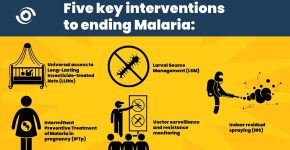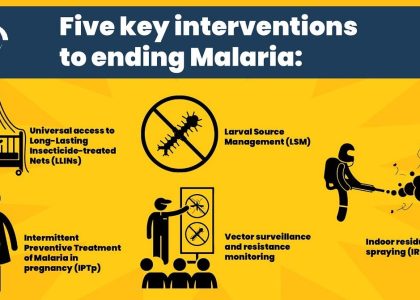Real Solutions You Can Be Part Of
In communities across South East Nigeria, malnutrition continues to claim lives, slow growth, and limit potential especially for children. At Deking Charity Foundation, we see this reality up close: children who cannot concentrate in school because they are too hungry, mothers who cannot afford nutritious meals, and families who rely on heavily processed foods because they are cheaper or more available.
We believe that change must start from the ground literally. That’s why we are raising awareness and driving action around organic food and nutrition as a way to fight malnutrition. This article is not just another report. It is a call to action. Whether you’re a parent, a youth, a local farmer, a policymaker, or a concerned citizen you have a role to play.
The Real Picture
Let’s begin with the facts. Nigeria is home to over 17 million food-insecure people, according to the 2023 Cadre Harmonisé report. The National Demographic and Health Survey (NDHS) shows that in the South East, over 30% of children under five are stunted. Wasting, underweight conditions, and micronutrient deficiencies are also high, especially in rural areas.
But these are not just statistics. These are our children. Our neighbors. Our future. And while the problems are large, the solutions can begin small with what we grow, what we eat, and how we think about food.
What You Can Do Today
You don’t need to wait for government intervention to begin improving nutrition around you. Here’s how individuals, families, and communities are taking action:
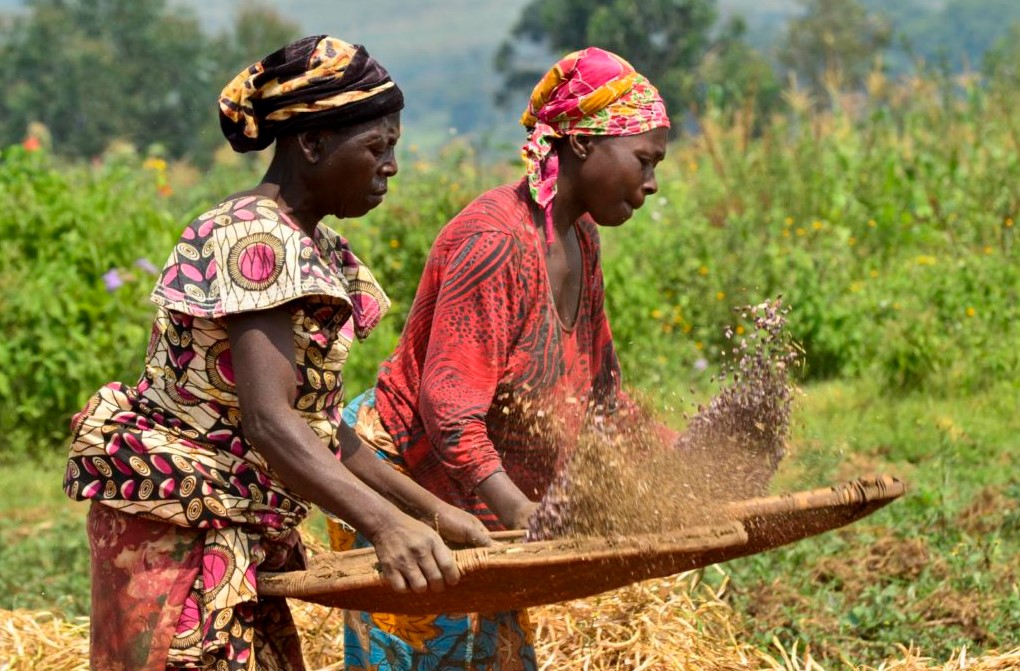
1. Grow Something Even if It’s Small
You don’t need a farm to start farming. A few pots, some old bags, or a corner of your yard can grow nutrient-rich organic vegetables like fluted pumpkin (ugu), okra, spinach, or scent leaf. These local greens are packed with iron, vitamins, and minerals that children and adults need daily.
Community gardens can also be powerful. Encourage your church, school, or youth group to grow food together. Organic farming doesn’t rely on expensive chemicals just healthy soil, compost, and knowledge. And it gives back in health what it saves in cost.
2. Choose Local, Fresh, and Unprocessed
Malnutrition is not just about lack of food, it’s about lack of the right food. A bowl of garri and soup with dried fish and greens has more nutritional value than a packet of imported noodles.
Encourage your family to eat more locally grown, seasonal foods. Visit markets that sell fresh produce. Avoid processed snacks and sugar-sweetened drinks. Your health will thank you.
3. Teach Nutrition at Home
Knowledge is power. Parents and caregivers need to know why a boiled egg matters more than a biscuit in a child’s lunchbox. Teach children early about the value of vegetables, grains, legumes, and fruits.
Start simple conversations at home about nutrition. Cook together. Make healthy meals a family habit.
4. Support and Buy from Local Organic Farmers
Local farmers are the backbone of food security. By buying from them, you’re encouraging more organic production. Ask your vendor how they grow their crops. Choose chemical-free produce when possible. Encourage local farmer markets and cooperatives.
5. Stakeholders: Invest in What Sustains
We call on government agencies, health workers, school administrators, religious leaders, and private sector players: this is your fight too. Investing in community gardens, nutrition programs, and local food systems is more effective and sustainable than food aid alone.
Instead of just feeding, let’s start growing. Instead of short-term relief, let’s build long-term resilience.
You Can Be a Part of This
Malnutrition is real, but so is our power to stop it. You don’t need to be rich. You don’t need to be a government official. Just start with what you have, where you are.
Plant something. Teach someone. Feed a child right.
And if you’ve already started, share your story.
Drop a comment below. Tell us: What are you doing to grow food or fight malnutrition in your community? What challenges do you face? What solutions have worked for you?
Let’s keep the conversation going. Because together, we can build a healthier world starting from our homes, our soil, and our choices.


